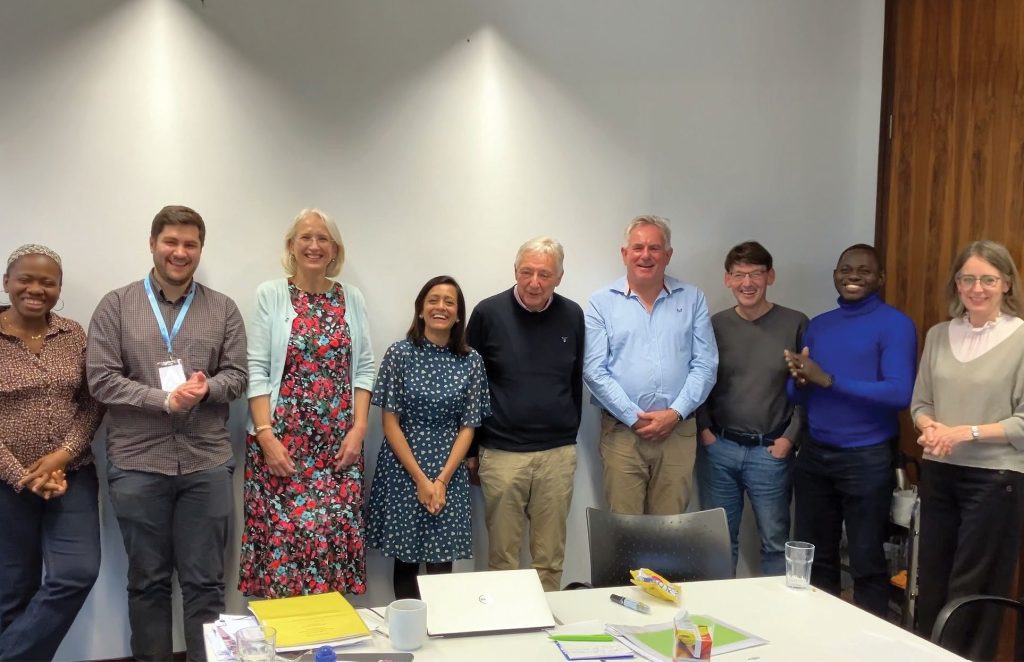Equality, Diversity, Inclusion and Accessibility (EDIA)
Accessibility is core to our vision; we are working towards a world where everyone can access and experience the joy of live music, irrespective of their health and wellbeing.
Music is universal; it transcends barriers, brings communities together and promotes social cohesion. We also see a focus on diversity as an opportunity to create an environment where we understand, recognise, value and respect differences to the benefit of everyone.
This year we refined our action plan for EDIA, outlining our commitment to understanding and reflecting the communities we work with and those we aim to work with. To ensure the impact of our live music is effectively realised, we are continuously in pursuit of greater equality, diversity, inclusion and accessibility for all the people we work with, those that support us and the staff, volunteers and professional musicians who deliver our work.

Deborah & Olawale’s story
In 2024, Deborah Omo-Obi and Olawale Ojo joined Music in Hospitals & Care as shadow trustees through The DataKirk’s Black Talent on Board programme.
Deborah explains: “The programme encourages people of colour to join a Board of Trustees and learn new skills. Most of us that join the programme are pretty new to the UK, no more than five years. Some of us might have had that experience back in our home countries, but this a new country so there are different ways of doing things.”
Olawale has a background in engineering and was involved in system administration, IT and technical support before relocating to the UK from Nigeria in 2022 to pursue a Master’s degree in Artificial Intelligence.
“There’s a mode of operation for every organisation. What is applicable in Nigeria based on policies and regulation might not be practical in the UK. When you come to a new country like this, programmes like Black Talent on Board streamline and help you to understand the processes in communities like this and what happens at a higher level within organisations.”
Deborah currently works full-time in an administrative and pastoral role with a faith-based organisation supporting children and young people. With her background in care administration and a postgraduate qualification in information technology, Deborah was able to contribute meaningfully to Music in Hospitals & Care’s Risk and Assurance Committee and apply her knowledge in risk management and cybersecurity.
Deborah explains: “I got to understand the importance of identifying and mitigating risk, especially in not-for-profit organisations. I understand what it means to manage risk in a profitable organisation, but for a charity I had to look at it through a different lens.
There were several of us on the committee so there were always diverse recommendations and ideas, but we were still able to review those ideas and come out with a common solution that we felt was fitting for the organisation. That was something that really stood out for me.”
Olawale adds: “I learned so much. I went with the Chair to some live music and completed a report about my experiences. Those that couldn’t really speak, you could see them tapping their feet, and others dancing and singing along. It was an emotional experience.”
Deborah was drawn to Music in Hospitals & Care through her personal connection to music and belief in its healing power. She valued the opportunity to witness live music experiences and gain insight into how music supports wellbeing in healthcare settings.
“We went to two different wards on the same day. Most of the songs that were sung were Scottish songs, and I could pick out a couple that I had heard when I was a young girl growing up. It had that nostalgic feeling. I can only imagine how it was for the residents, it was a beautiful thing to see.”
For Olawale, it was a story from the Bible about David playing the harp to dispel evil spirits from King Saul that first sparked an interest in music’s effect on wellbeing.
“I tell people that music is universal, it’s a common language that actually connects people and there’s this therapeutic power. It’s not just the strings you’re playing, it’s not just the drums. The rhythm is a kind of pattern when you follow it, and it brings solace to the soul or to the heart.”
Highlights
Staff completed accessible communications training
with a consultant to help develop more inclusive communications throughout the organisation. This included education on different disabilities and how to ensure communications are suitable for assistive technologies.
We shared five hours of live music as part of Addenbrooke’s Hospital in Cambridge’s Diwali celebrations
in October, from sarangi player Shem Jarrold.
We hosted our first 12-month placement for an Executive Assistant
as part of the Charity Works talented graduate scheme, and started an internal secondment for a People and Culture Lead to support our team to have an effective voice and shape ways of working.
Our musician Matthew Quilliam shared live music at a special event for LGBTQ+ History Month
in February, which was featured on the BBC News website and BBC Radio Surrey’s breakfast show.
BBC Radio Surrey and BBC Radio Sussex, which share programming, have a combined weekly reach of 229,000
We established new ways to collect EDI and demographic data
for job applicants, existing employees, musicians and volunteers (including trustees) to align with our evaluation framework, and for feedback collection from people experiencing our live music.
As part of our eLearning platform trial,
staff completed modules relating to an inclusive workplace culture.
At our trustees away day in September, we ran a refresher session on EDI focusing on appropriate and inclusive language in the workplace
In a survey completed by 74 of our musicians:

were aged 20–49, with 53.5% aged 50–74, and 1.4% aged 75+ and 1.4% preferred not to disclose.

identify as an ethnic group other than White, 13.7% identify as neurodivergent and 11.1% identify as gay, bisexual, or in another way that is not heterosexual/straight.